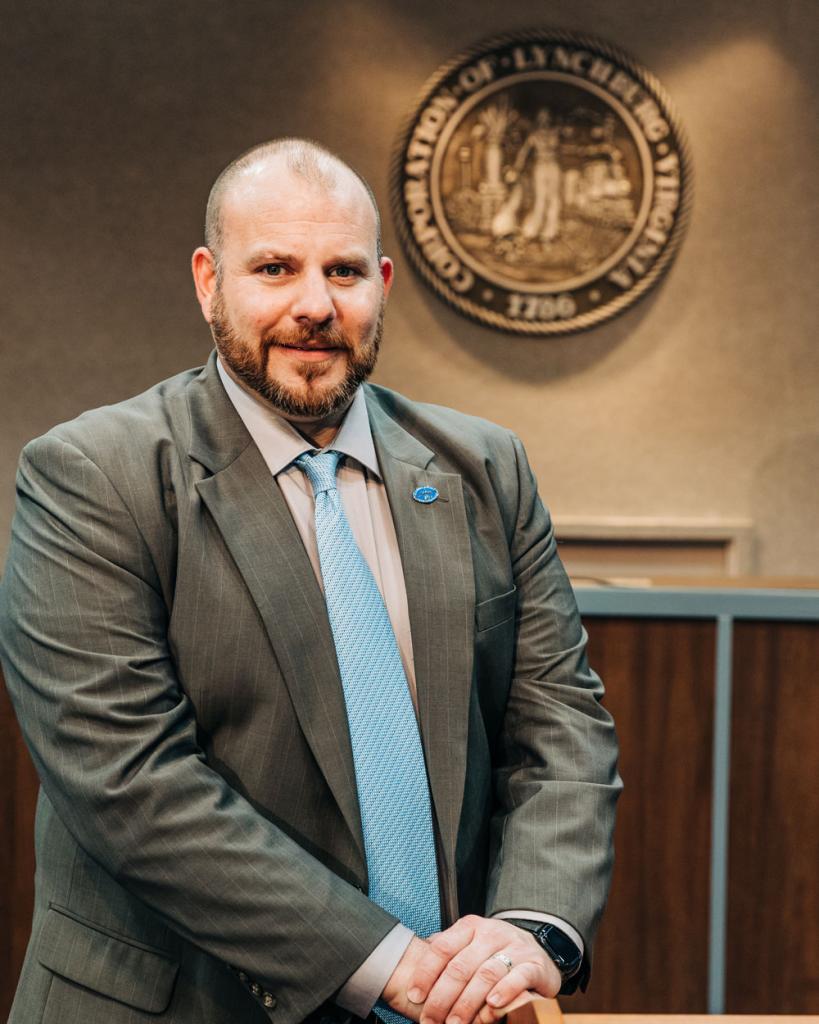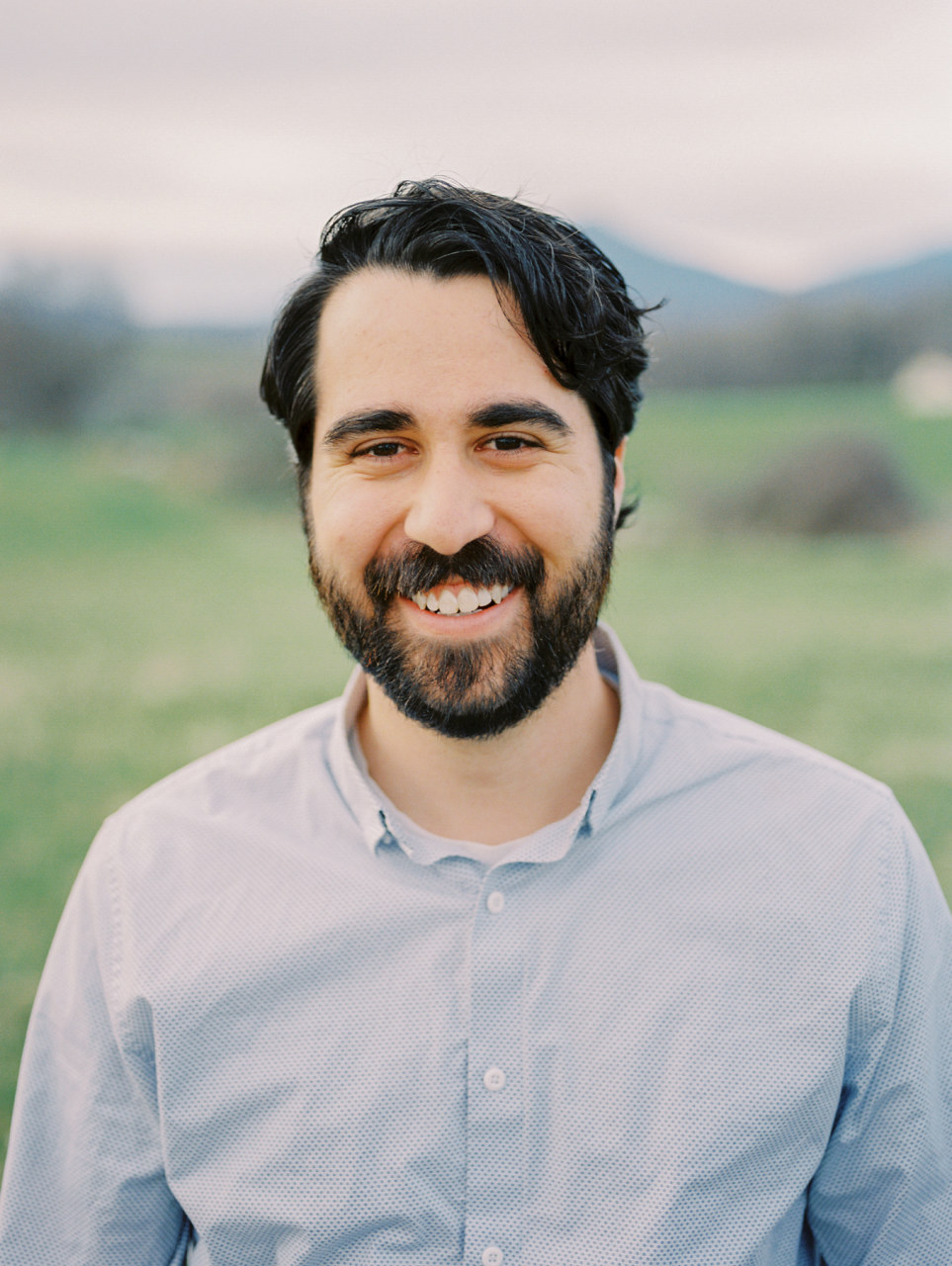Republicans in Lynchburg altered course Tuesday night, voting to abandon their plan for a party-run “firehouse primary” in favor of a state-run primary following last week’s legal opinion from Virginia Attorney General Jason Miyares that called into question the legality of the nominating process the party originally planned.
The Lynchburg Republican City Committee voted nearly unanimously — just one of the 58 committee members in attendance voted against — to reverse course after a nearly hour-long discussion about the merits of disregarding counsel from the Attorney General’s office and the state Republican Party to avoid the legal risks of pursuing the firehouse primary on which they had originally planned.
A firehouse primary is a party-run candidate selection process that resembles the state-run primary system but requires voters to register with the operating party to participate. The primary will be June 18, at the same time that 5th District Republicans hold a primary to choose a congressional candidate between U.S. Rep. Bob Good and challenger John McGuire.
The committee then passed a second motion, one to form a coalition to push back against the de facto ban on firehouse primaries.
“I’m not suggesting that the fight isn’t worth having,” committee member Brian Triplett, who put the first motion up for vote, but he followed with the argument that abandoning the firehouse idea for 2024 was the prudent move to make with the new law in effect.
“If we leave here tonight and still have a firehouse primary … some Democrat somewhere is going to sue us,” Triplett told the crowd of nearly 100 in All Nations Community Church in midtown Lynchburg.
Miyares’ opinion, issued Friday, called into question the legality of primary processes that require voters to appear in person in order to participate, citing a state law passed in 2021 with bipartisan support that took effect at the first of the year. That new law stipulates that absentee voters serving in the military overseas, studying in institutions of higher education, temporarily residing outside the country, living with a disability or suffering from a communicable disease, or who have been exposed to a communicable disease, must be offered an opportunity to participate in the nomination process. After Miyares’ opinion came out Friday, the lawyer for the Republican Party of Virginia advised all local party chairs across the state that Miyares’ opinion meant that “a state-run primary is the only way the Party can nominate candidates for public office” and that all units must notify the state Department of Elections by March 5 if they have nominating contests.
Opponents of the Miyares opinion felt the Lynchburg committee was capable of running a firehouse primary up to or above the standards of the new statute. That includes committee chair Veronica Bratton, who presided over Tuesday’s meeting. She said the attorney general’s opinion was premature. The process the committee devised, which had not yet been publicly circulated at the time of Tuesday’s meeting, accounted for absentee voters such as overseas military personnel and college students studying out of town, she said. Those who favored a firehouse primary also have contended that with a party-run process they can limit voting to only Republicans. Because Virginia doesn’t register voters by party, anyone can vote in a state-run “open” primary.
“Why are we being shut down before anybody has seen our process?” Bratton asked. “Regardless of what happens this year, this is not a fight that I’m willing to give up.”
Most of the crowd agreed. Some who spoke said the law restricted the democratic process. Others said it was the statewide party giving into pressures for bureaucracy to control electoral activity.
“These people have backbones about the strength of a worm,” committee member Andrea Hurtt said. “… If we don’t, as Republicans, start to fight back, it will not matter about the elections.”
Hurtt contended that the law intended to combat disenfranchisement of the groups the statute mentions was disenfranchising the engaged citizens in the room Tuesday.
“I’m not going to be a slave,” she said.

A number of Republican Lynchburg officials were in the room. City councilman Marty Misjuns spoke up on several occasions, generally to support the idea of a long-term contest against the 2021 law but prudence in the short term.
“This is just another big government move, right?” Misjuns asked the crowd.
“It’s just a power grab,” he added. “… We have to commit to fighting for this for next year. … and if we end up with an open primary, you guys have to be triple motivated to volunteer, to get out there and get to work, to make sure that we have real Republicans, real conservatives who demonstrate the values of Lynchburg elected to office.”

Two other city council members attended the meeting. Jeff Helgeson, a fifth-term member of the body, said he was happy to see Lynchburgers fight for autonomy in their elections processes. Vice Mayor Chris Faraldi, the only committee member who had originally voted against a firehouse primary on the grounds that the details weren’t worked out, issued a statement later Tuesday evening.
“We now know June 18 is officially the day where Republicans can unite behind a vision for the city, and I am confident that the voters in Ward IV will overwhelmingly endorse results over rhetoric,” Faraldi said. “We are full speed ahead, and I’m ready to roll!”
At the moment, the only contested Republican nomination in Lynchburg is in Ward IV where Faraldi faces a challenge from Peter Alexander.



